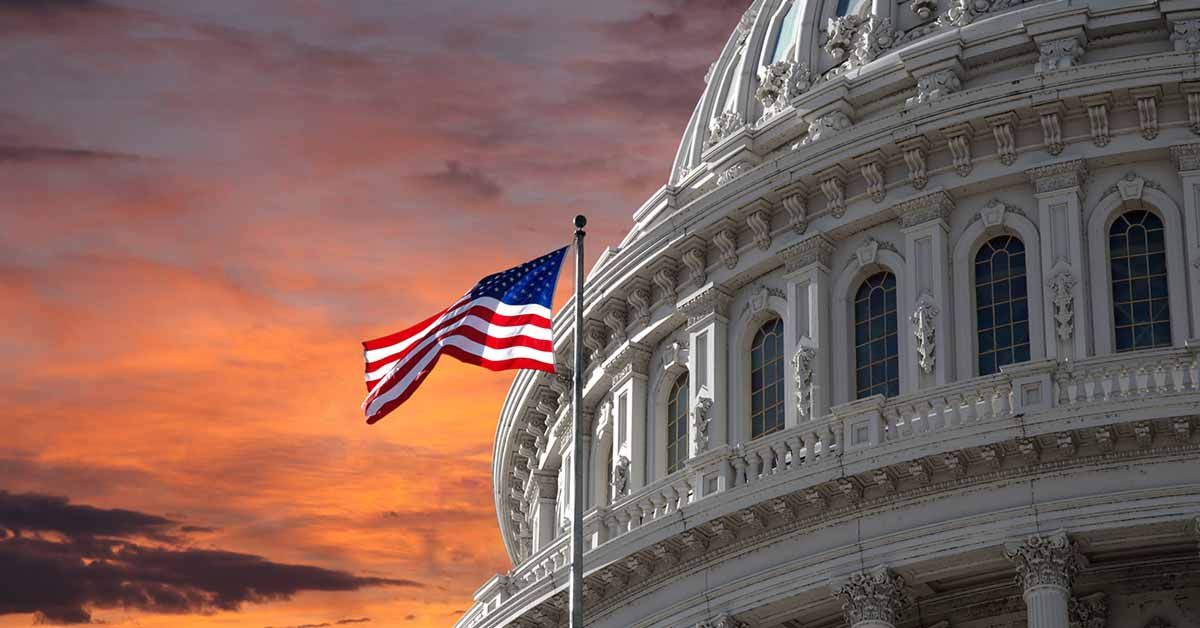3 Questions to Find the Right Accounting Partner for Your Construction Business
This article was originally written in October 2020. It has been updated with new references and information.

August 18, 2022 — The Inflation Reduction Act of 2022 (IRA) was recently signed into law by Joe Biden with the hopes of combating inflation and reducing the deficit. While the IRA includes several tax law changes that are in the news, the bill does not have many tax law changes that will negatively impact closely-held businesses. The IRA did not change corporate or individual tax rates, the carried interest rules, or the estate gift and tax rules. In fact, the bill includes several incentives for taxpayers investing in energy efficient property.
Energy Incentives
Large Corporation Changes
While only applicable to a small group of taxpayers, A headline change of the bill is the new 15% corporate alternative minimum tax on the adjusted financial statement income of applicable corporations (those with average income in excess of $1 billion). The bill also targets public corporations stock repurchases and imposes an excise tax equal to 1% of the fair market value of any stock (subject to certain exceptions). Both provisions apply after December 31, 2022.
Other Changes
The IRA will provide $80 million in IRS funding over the next 10 years in order to improve their enforcement capabilities, establishes an excise tax on drug manufacturers who do not enter into the drug pricing agreements, temporarily extends the American Rescue Plan expansion of insurance premium tax credits, and modifies and extends tax credits related to renewable energy.
Individual Income Tax
The IRA extended the limitation on pass-through business losses that was enacted in the Tax Cuts and Jobs Act passed in 2017. It also extended and expanded the health insurance premium tax credits. The IRA allows for higher income households to qualify for the credits and increased the subsidy for low-income households through December 31, 2025. These provisions is effective for tax years beginning after December 31, 2022.
Excise Tax on Drug Manufacturers
In an effort to allow Medicare to negotiate prescription drug costs, the IRA imposes a nondeductible excise tax on the of certain drugs during a noncompliance period. The excise tax is applicable to drug manufacturers, producers, or importers of certain drugs. The excise tax cannot be appealed to the IRS.
Questions?
If you have any questions regarding how the Inflation Reduction Act of 2022 may affect you and your business, or want to discuss how you can take advantage of the new provisions, you can reach out to your Redpath tax advisor here.

This article was originally written in October 2020. It has been updated with new references and information.

Editor's note: this blog was updated in 2025 with additional resources for business owners.

In a significant shift on Friday, March 21, the Financial Crimes Enforcement Network(FinCEN) has revised its Beneficial Ownership Information (BOI)...